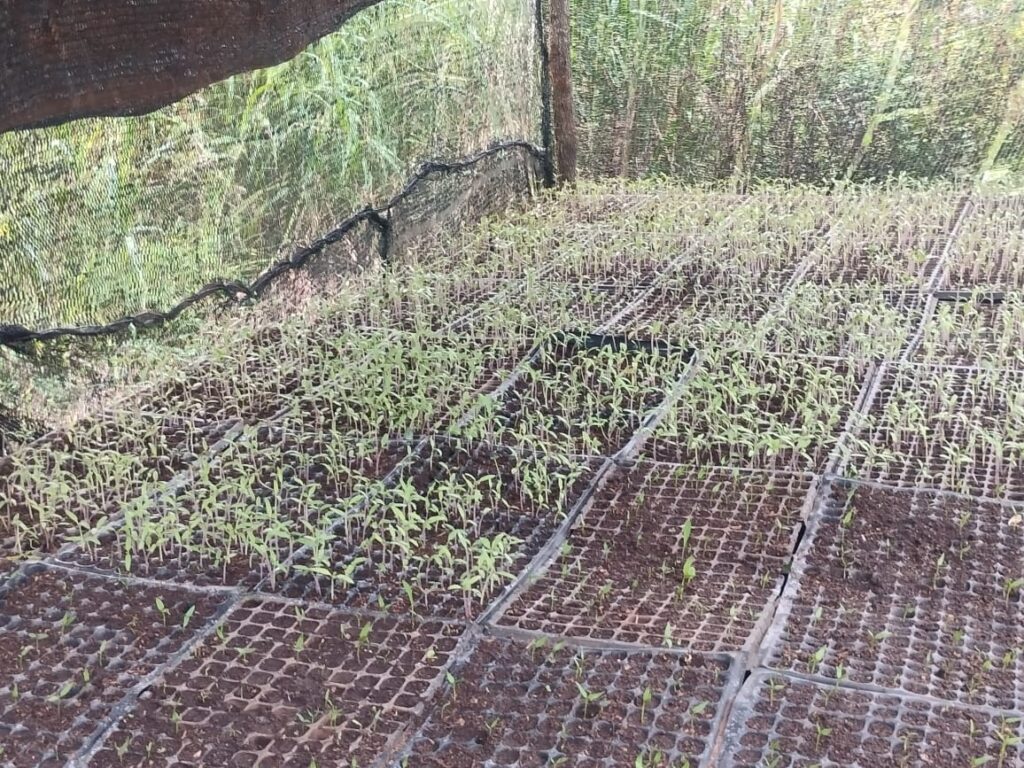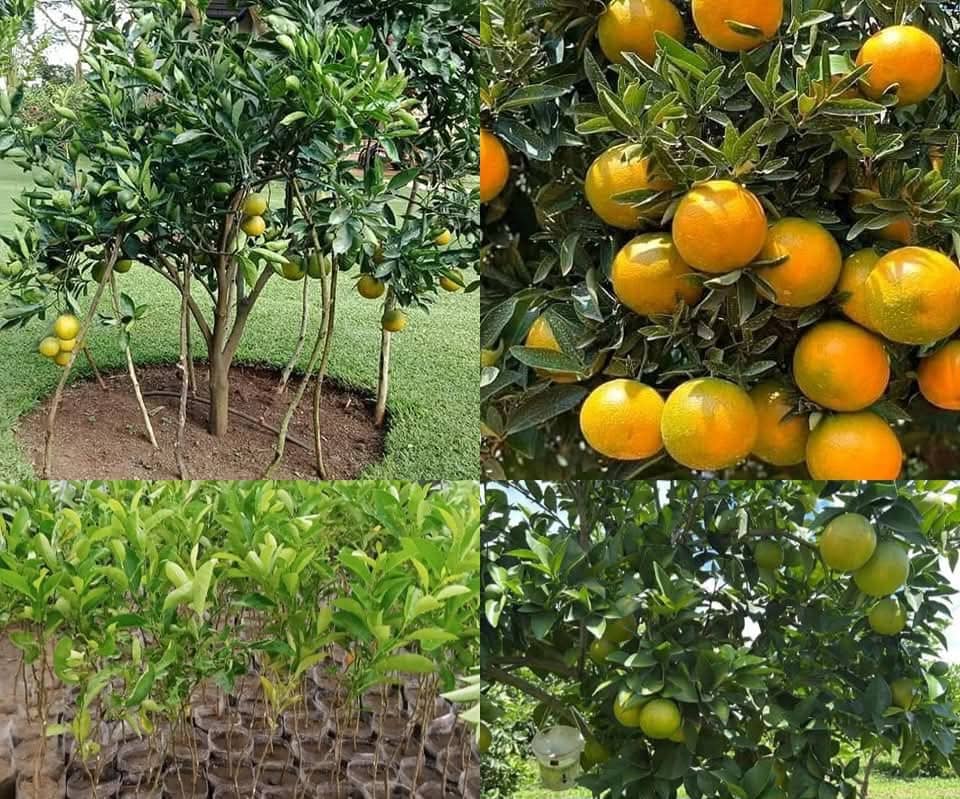Posted by tef mororogo February 3, 2025
Founded informally in 2017 and formally established in 2018 as a registered non-profit (Reg. No. OONGO/R/1723), the Tanzania Entrepreneurship Foundation (TEF) emerged from a vision to empower Tanzanians as job creators, inspired by Mr. Gary Shotton of Inspiring Better Business and Tanzanian native Octavian Msongamwanja. By 2021, TEF’s registration solidified its capacity to deliver transformative projects, positioning it as a leader in Tanzania’s innovation ecosystem. The Smart Climate Resilience Livelihood Systems project was launched in January 2025 in Sangasanga Village, Morogoro Municipality. It builds on TEF’s commitment to entrepreneurship, economic empowerment, and environmental conservation. This project addresses climate-induced challenges through innovative and community-driven solutions.
The Smart Climate Resilience Livelihood Systems project is spearheaded by TEF. It is funded by Sustainable World Corporation (SWC)-Sweden. The initiative represents a pioneering effort to enhance resilience and adaptive capacity in Sangasanga Village, Mkundi Ward, Morogoro Municipality. By deploying climate-smart technologies, the project addresses water scarcity, food insecurity, and income poverty. It empowers vulnerable communities to thrive amidst climate change. Aligned with TEF’s mission, this initiative fosters a community-led movement for entrepreneurship. It also promotes economic empowerment and environmental conservation. The initiative integrates water management, climate-smart agriculture, and tree planting to deliver sustainable livelihoods.

The project targets Sangasanga, a village identified as a climate vulnerability hotspot in Morogoro. It addresses the threefold challenge of drought, malnutrition, and poverty. It does this through innovative interventions. TEF provides climate-proof water supply, small-scale irrigation, and ecosystem restoration. It equips farmers and women with the tools, techniques, and frameworks to excel. This approach promotes gender equity and environmental sustainability. This project exemplifies TEF’s dedication to transforming lives through smart climate solutions. It reinforces its role as a catalyst for resilience in Tanzania.
The Smart Climate Resilience Livelihood Systems project embodies “smart climate” principles through:
These elements enable TEF to address Sangasanga’s climate challenges—droughts, crop failures, and water scarcity—while fostering entrepreneurship and economic diversification. The project aligns with Tanzania’s National Adaptation Programme of Action (NAPA). It also aligns with Nationally Determined Contributions (NDC, 2023) and National Climate Change Strategy (2023). This alignment underscores its strategic importance.

TEF serves as the executing agency for the project. It works closely with village and district authorities. This includes the Morogoro Municipal Council. Together, they aim to deliver transformative outcomes. From its Morogoro headquarters, TEF coordinates activities across two components: water supply and climate-smart agriculture. Key contributions include:
TEF embeds these activities within its entrepreneurial ecosystem. This empowers Sangasanga’s residents to overcome climate challenges. It fosters economic independence and sustainable livelihoods.
The project is funded by SWC-Sweden, reflecting TEF’s strategic partnership with global leaders in sustainability. SWC’s financial support allows TEF to deploy innovative technologies. It helps scale community-based interventions. This support complements TEF’s partnerships with Better Business-USA and Global Food Gardening International (GFG)-Switzerland. The National Environment Management Council (NEMC), Tanzania’s National Implementing Entity, oversees monitoring and reporting, ensuring alignment with national climate priorities.
TEF collaborates with local authorities, including the District Executive Director, to ensure project ownership and sustainability. By leveraging lessons from similar initiatives (e.g., SUGECO and Sokoine University’s solar pump projects), TEF enhances the project’s impact, positioning it as a model for replication across Tanzania.
The project delivers economic, social, and environmental benefits, with a focus on vulnerable groups, particularly women:
A success story is that of Fatuma, a Sangasanga farmer who joined TEF’s Farmer Field School in 2025. Trained in drip irrigation and beekeeping, Fatuma now manages a greenhouse producing tomatoes and sells honey, earning TSh 200,000 monthly. Her income supports her children’s education, demonstrating how smart climate solutions transform lives.
Since 2021, TEF’s broader programs have reached 11,000 people across 56% of Tanzania’s regions. In Sangasanga, the project has engaged 500 residents. Sixty percent of them are women. The initiative fosters resilience. It has reduced malnutrition rates by an estimated 20%.
The project addresses several challenges:
These solutions reflect TEF’s problem-solving capacity and commitment to sustainable outcomes.
The project positions TEF as a leader in Tanzania’s innovation ecosystem, recognized for advancing women’s empowerment and climate resilience. By aligning with global frameworks like the Paris Agreement and Tanzania’s NDC, TEF contributes to international climate goals. Locally, the project enhances Morogoro’s reputation as a hub for smart climate solutions, complementing initiatives like Spacerpad.
The project’s environmental impact—restoring 50 hectares and reducing reliance on disposable resources—sets a precedent for rural resilience. Its economic impact empowers farmers like Fatuma to become community leaders, inspiring entrepreneurial ventures. Socially, it addresses gender disparities, reducing women’s labor and enhancing girls’ education.
TEF is committed to scaling the Smart Climate Resilience Livelihood Systems project beyond 2028. The Board, chaired by Dr. Luseko Chilagane, governs this commitment. Future goals include:
TEF will refine market linkages, strengthen SACCOs, and collaborate with NEMC and local authorities to ensure sustainability. This project embodies TEF’s vision of a resilient, entrepreneurial Tanzania, where communities thrive through smart climate solutions.